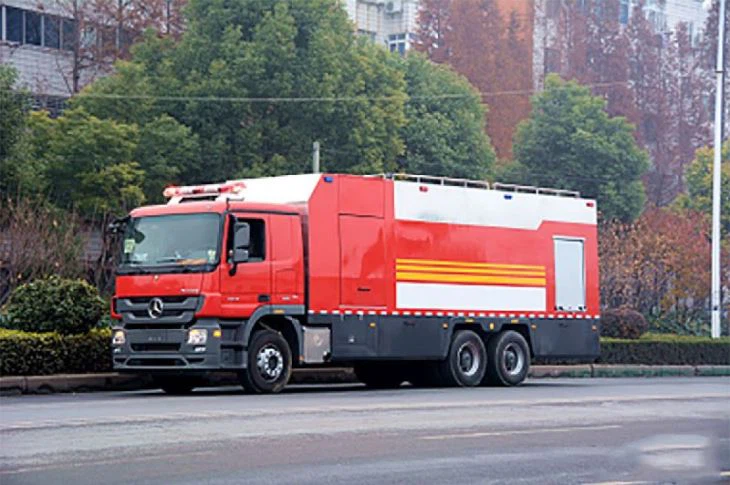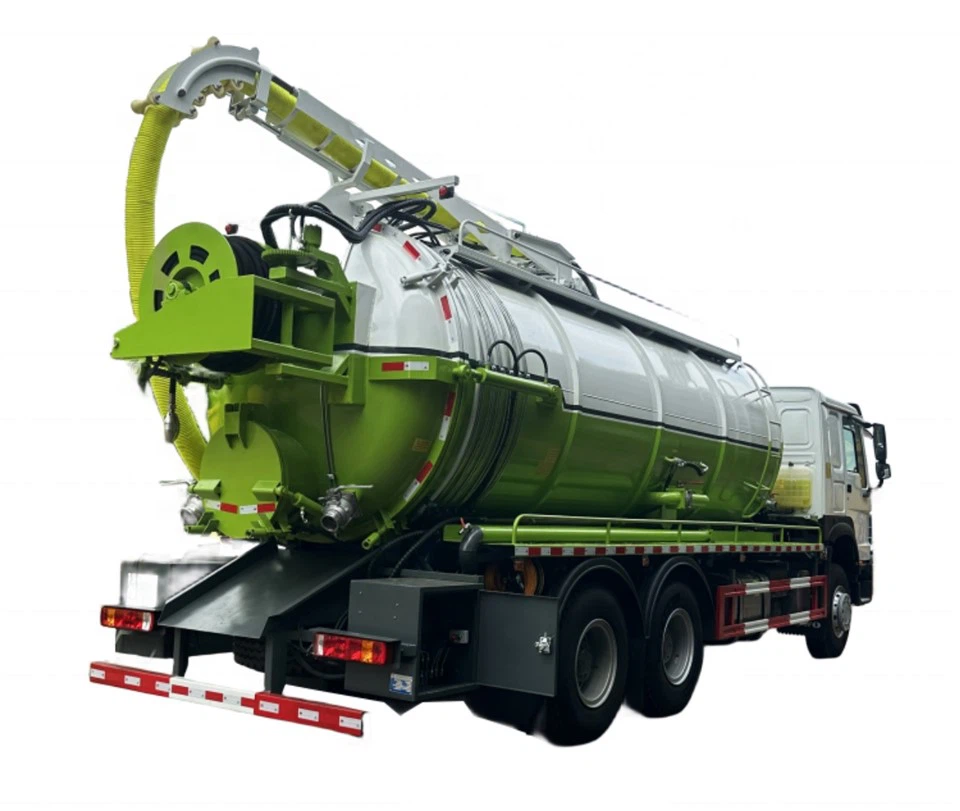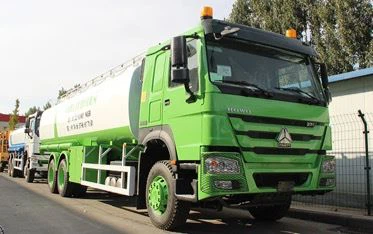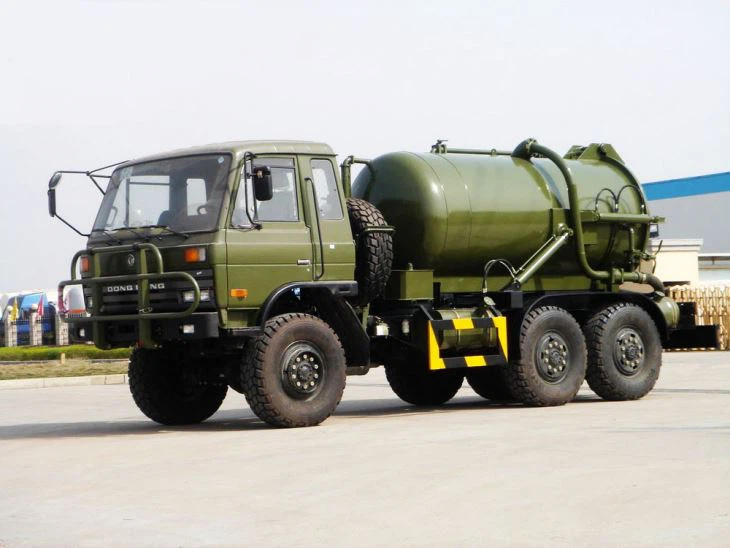Understanding Fuel Truck Sizes: A Comprehensive Guide

In the world of transportation and logistics, fuel trucks play a crucial role in delivering fuel safely and efficiently. However, the size of these trucks can vary significantly based on their purpose, regulations, and design. This article will delve into fuel truck sizes, exploring the various types and their applications, allowing businesses and consumers to make informed decisions.
What is a Fuel Truck?
A fuel truck, also known as a fuel tanker, is a specialized vehicle designed to transport liquid fuels, including gasoline, diesel, biofuels, and more. These trucks are equipped to handle hazardous materials and are built with safety features to prevent spills and leaks.
Key Components of a Fuel Truck
- Tank: The primary component for storing fuel, usually made of steel or aluminum.
- Pump: Used to transfer fuel from the tank to dispensing stations or directly to vehicles.
- Hoses and Nozzles: Essential for dispensing fuel at service stations or during deliveries.
- Vehicle Chassis: The foundation for the truck which supports all components.
- Safety Features: Includes valves, spill containment systems, and fire extinguishers for safety compliance.
Types of Fuel Trucks
Fuel trucks can be classified based on their size, capacity, and intended use. Below are the common types of fuel trucks.
1. Small Fuel Trucks
These trucks are typically used for local deliveries or service stations. They usually have a capacity ranging from 1,000 to 2,500 gallons.
Common Uses
- Residential deliveries
- Small construction sites
- Local farms
2. Medium Fuel Trucks
Medium-sized fuel trucks have a capacity ranging from 2,500 to 5,000 gallons. They are versatile and can serve a range of businesses, from commercial to industrial.
Common Uses
- Commercial fleet fueling
- Medium-sized construction projects
- Sports and entertainment venues
3. Large Fuel Trucks
Large fuel trucks generally have a capacity of 5,000 gallons and can go up to 10,000 gallons. They are typically used for bulk deliveries and large-scale operations.
Common Uses

- Fueling airports
- Big construction sites
- Bulk fuel delivery to industries
Fuel Truck Size Selection
Selecting the right fuel truck size is crucial for operational efficiency. Here are some factors to consider when choosing a fuel truck:
1. Delivery Requirements
Assess the frequency and volume of fuel deliveries. Businesses that require frequent refueling may opt for larger trucks, while those with occasional needs may choose smaller options.
2. Type of Fuel
The type of fuel being transported can also influence truck size. Diesel may require different handling compared to gasoline due to its specific properties.
3. Regulations and Compliance
Understanding local and federal regulations regarding fuel transportation is critical. These regulations often dictate tank sizes and features that must be included in the design.
4. Budget Constraints
Investing in a fuel truck is a significant financial commitment. Smaller trucks generally come at a lower cost, while larger, more specialized trucks can be expensive.
Fuel Truck Sizes and Capacity Chart
| Truck Type | Typical Capacity (Gallons) | Common Uses |
|---|---|---|
| Small Fuel Truck | 1,000 – 2,500 | Residential & small commercial deliveries |
| Medium Fuel Truck | 2,500 – 5,000 | Commercial, medium construction projects |
| Large Fuel Truck | 5,000 – 10,000+ | Bulk deliveries, industrial fueling |
Practical Examples of Fuel Truck Sizes in Use
Small Fuel Trucks
A local gas station may use a small fuel truck with a capacity of 1,500 gallons to deliver fuel weekly. This truck is capable of navigating through residential areas and refueling vehicles without requiring extensive parking space.
Medium Fuel Trucks
A construction site that needs constant diesel supply may employ a medium fuel truck with a 3,000-gallon capacity. This allows them to refill equipment without having to wait for multiple small deliveries, thus improving productivity.
Large Fuel Trucks
An airport may utilize a large fuel truck with a capacity of 8,000 gallons. This ensures that planes are fueled efficiently, minimizing downtime between flights.
Fuel Truck Compliance and Safety Standards
Fuel trucks must adhere to strict compliance and safety regulations to ensure safe transportation of hazardous materials.

1. DOT Regulations
The Department of Transportation (DOT) sets regulations that fuel carriers must follow, including tank specifications and vehicle maintenance.
2. Hazardous Material Handling
Fuel trucks must be equipped for hazardous material transport, including proper labeling and emergency response kits.
3. Driver Training and Certification
Drivers must undergo specialized training to handle fuel trucks, learning about safety procedures and emergency protocols.
Maintenance Tips for Fuel Trucks
Routine Inspections
Regular inspections are vital for ensuring the safety and operational capacity of fuel trucks. Check hoses, pumps, and valves for any signs of wear or damage.
Cleaning and Decontamination
Keeping the fuel tank clean is essential. Contaminants can lead to costly damages and safety risks. Regularly clean the tank and inspect for any leaks.
Record Keeping

Maintain accurate records of all maintenance, inspections, and repairs to ensure compliance with regulations and facilitate future inspections.
Frequently Asked Questions (FAQs)
1. What factors influence the size of a fuel truck?
The size is influenced by delivery requirements, type of fuel, regulations, and budget constraints.
2. How much fuel can a typical fuel truck hold?
Fuel trucks can hold anywhere from 1,000 to over 10,000 gallons, depending on their size and type.
3. Are there safety regulations for fuel trucks?
Yes, fuel trucks must comply with DOT regulations and hazardous material handling standards to ensure safety.
4. Can I choose a fuel truck based on my business size?
Absolutely! Choosing a fuel truck size that aligns with your business’s fuel needs is essential for efficiency and cost-effectiveness.
5. How often should fuel trucks undergo maintenance?
Regular maintenance is recommended, ideally every 3-6 months, depending on usage and industry guidelines.
6. What should I consider when buying a used fuel truck?
Inspect the truck’s maintenance records, compliance with current regulations, and overall condition before purchasing a used unit.
